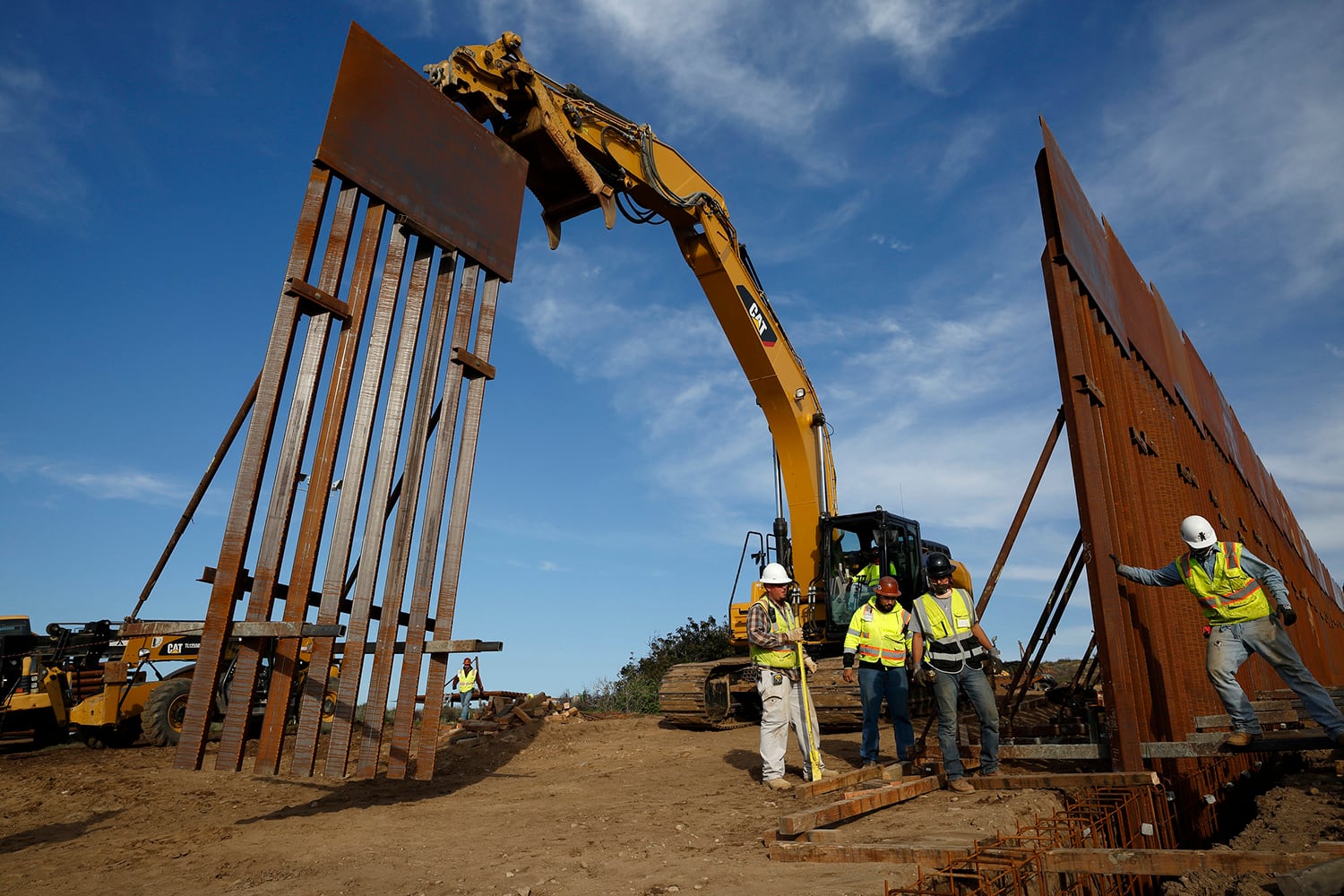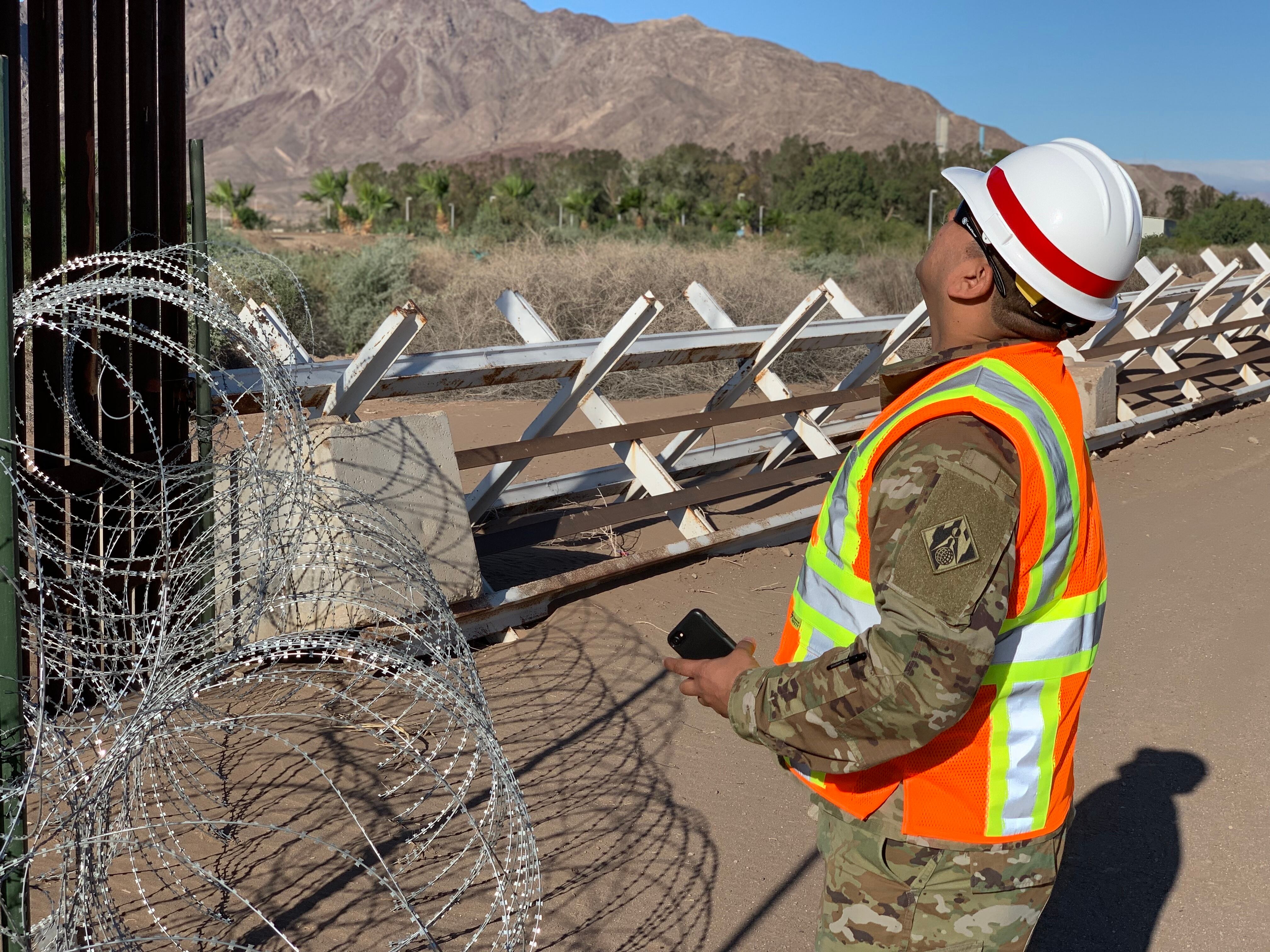Three proposed sections of border wall for Arizona are on hold, according to a Monday federal court filing, because they’re going to cost more than the Defense Department planned on spending.
The Army Corps of Engineers “has determined that there are insufficient contract savings to undertake the the three additional” projects, totaling 20 miles of construction on the U.S.-Mexico border, that Defense Secretary Mark Esper originally approved on Aug. 26, per court documents.
The filing is part of three ongoing lawsuits over using $2.5 billion in DoD counter-drug funding on border projects.
The Supreme Court lifted a freeze on that spending, handed down by a lower court, in July. But as the suit is ongoing, the Pentagon must file updates to its plans in federal court.
Back in August, the Corps of Engineers estimated it would be able to build that additional 20 miles of wall after crunching the numbers and finding “lower-than-expected” contract costs, meaning more money freed up for more construction.
But the final totals didn’t come back that way, and so two planned segments in Yuma and one in Tuscon are now on the back burner.
RELATED

That $2.5 billion is meant to build more than 100 miles of border barriers through California, Arizona and New Mexico.
In September, Defense Secretary Mark Esper approved the use of $3.6 billion more, the cost of 127 military construction projects in the U.S. and abroad, to build or reinforce 11 more sections of wall.
At the time, defense officials told reporters on background that building more barriers meant less need for troops to deploy to the border to defend it.
The projects are on the books for throughout 2020, officials said, and border deployments are expected to continue at least that long.
As of late August, the department had spent $450 million to fund those deployments.
Meghann Myers is the Pentagon bureau chief at Military Times. She covers operations, policy, personnel, leadership and other issues affecting service members.




